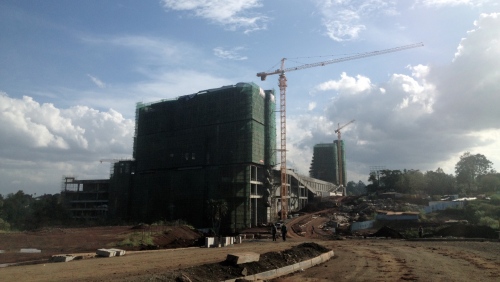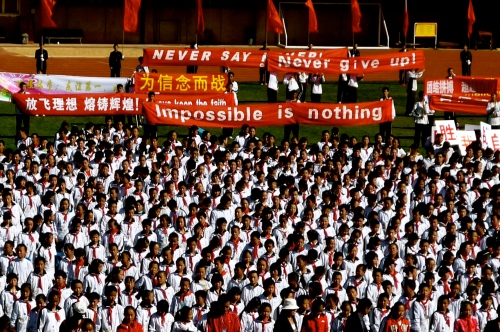An alternative take on Chinese corruption and bribery in Kenya

“I am not a racist but…” Mrs. Zhang* begins smilingly. She is addressing me specifically, staring right at my nose. Still, I miss the end of the sentence. I am busy thinking to myself: has anyone ever started a statement that way and finished it gracefully?
If anyone could, it might be Zhang. I like her immediately. She is in her mid-forties, I am told. I would have guessed she is a decade younger. She runs a travel agency and energetically ushers my two colleagues and me into a clean, white boardroom.
I take in the room. A stark, unadorned contrast to the makeshift construction site offices where I often conduct my interviews, their dirt-covered walls collaged with attendance sheets and architecture floor plans. This is almost sterile in comparison. The blank walls shine in the wooden reflection of a large ovular table. A leafy green plant occupies a corner of the room.
We are here trying to make sense of tax-related issues facing Chinese residents in Kenya. She indulges us, explaining – without malice – her difficulties: “It does not matter how clean the records, how carefully they are maintained. When the revenue authority comes to investigate, they will always find a maobing”—a flaw. From Zhang’s perspective, the turbid tax regulations allow wiggle room for opportunistic officers. There is little to be done but pay up, she declares, still smiling. Continue reading







